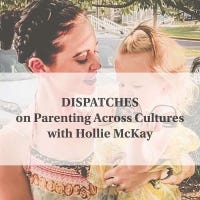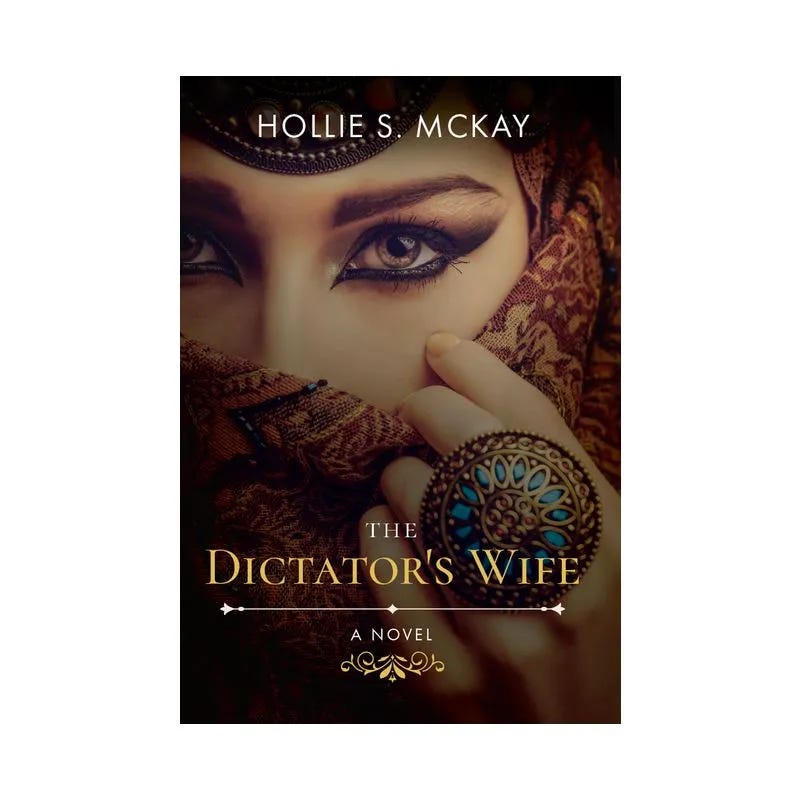The very question—"Are some human lives worth more than others?"—is deeply uncomfortable, yet throughout history, conflict has forced this notion upon societies. When war breaks out, lines are drawn, and suddenly, the people on one side become "us," and those on the other become "them." It's a psychological trick, often reinforced by propaganda, nationalism, or fear, that erodes empathy and breeds a dangerous belief: some lives are inherently more valuable than others.
In conflicts across the world, civilians and children—innocent and often powerless—are caught in the crossfire. Their suffering becomes collateral, easily forgotten in the face of political rhetoric and military strategy. The tragedy is not just the loss of life but the dehumanization that allows it to happen. Social media, which can spread awareness, also plays a complex role in this process. It amplifies voices but spreads misinformation, oversimplifies narratives, and stokes animosity. Through selective sharing, bias confirmation, and echo chambers, entire populations can become demonized in the eyes of those who consume a narrow slice of the story.
Take the example of a warzone where the children on "our" side become a symbol of innocence, yet the children on the other side fade into statistics. This divide is a psychological mechanism known as in-group bias. It's the natural tendency to favor those we perceive as part of our group and to be suspicious or indifferent to those who aren't. In the heat of conflict, in-group bias becomes toxic. We stop seeing others as people and start seeing them as the enemy or collateral damage.

Moral disengagement further supports this bias, a psychological process that allows people to rationalize or justify harmful actions. It's how ordinary individuals come to accept, or even perpetuate, violence against others. Soldiers, civilians, and even leaders may start to believe that the lives of those on the other side matter less. Dehumanizing labels like "terrorist," "enemy combatant," or "rebel" strip away individuality, allowing us to distance ourselves from the suffering of those we don't know or understand.
Yet, suppose we peel back the layers of political, cultural, and military justifications. In that case, we find that the belief that some lives are worth less is one of the most damaging ideas humanity clings to. It feeds endless cycles of violence, war, and retribution. When one group is dehumanized, their suffering is easier to ignore, and society's moral compass becomes dangerously skewed.
Social media could be a platform for unity, but it often fosters division. Platforms that could bring global understanding instead encourage divisive rhetoric. When algorithms reward outrage and confirmation bias, the most inflammatory voices get the most attention. This reinforces the narrative that one side is righteous and the other evil. Whether it's through manipulated images, selective reporting, or dehumanizing memes, these platforms often turn complex human struggles into digestible—and dangerously simplified—battles of good versus evil.
And herein lies a crucial danger: once a group is sufficiently demonized, it becomes easier for people to believe that their suffering or death is justified. This is why propaganda is so powerful and why social media can become a tool for modern-day warfare. Public opinion can be swayed with a single viral post, dehumanizing an entire group of people, while the suffering of those on the other side goes unseen or unacknowledged.
Think about the crises around the world from the Middle East to the Congo and Sudan to Burma to Ukraine. In each of these conflicts, narratives have been built around who deserves sympathy and who does not. The media portrayal, filtered through both political and social lenses, shapes public perception of who the victims are. When one child's death brings outrage, and another's is met with silence, the inherent bias becomes visible.
I also want to stress that it is not inherently wrong for a country to put the wants and needs of its own citizens first. In an ideal world, that is what governments do - take care of their own. Sadly, there aren’t enough countries that uphold this philosophy and an undue burden is put on other nations to hold the net. This can be frustrating for some, but it should not take away our humanity. Empathy isn’t a limited resource. We have as much of it as we are willing to extend and give.
The Psychology of Believing Some Lives Are Worth More
This kind of selective empathy is rooted in deep psychological mechanisms. Cognitive biases like confirmation bias reinforce our preexisting beliefs. If we already believe that one side in a conflict is right, we seek out information that supports that narrative and dismiss anything that contradicts it. This process, happening unconsciously, makes it easier to accept or even rationalize harm against the "other."
Moreover, distance plays a role. The further removed we are from someone's life, culture, or suffering, the easier it is to see them as "other." We sympathize most with those who look, think, and live like us. This bias has been observed throughout history—empires, nations, and armies have often justified atrocities by reducing their enemies to something less than human.
Yet, the modern world gives us an opportunity to break down these barriers if we choose to use it. Social media and global communication can foster empathy rather than deepen divides. It requires a conscious effort to recognize when we're falling into the trap of valuing some lives more than others.
How We Can Rectify It
In my humble opinion, a willingness to rectify the de-humanization of “the others” starts with acknowledging our biases to change this destructive mindset. The first step is understanding that we're more likely to sympathize with those we relate to. It's crucial to challenge the narratives that demonize entire groups of people. Instead of uncritically accepting simplified stories of conflict, we must consciously understand the humanity on both sides.
Journalism, social media, and global organizations must take responsibility for shaping these narratives. Reporting on conflicts must focus on the human cost—not just for one side but for everyone affected. As consumers of this information, we must question our own biases and seek out diverse perspectives.
Education also plays a vital role. Teaching empathy and global citizenship from an early age can create generations that are less susceptible to the dangerous idea that some lives matter less. This requires a focus not just on our national history but on the shared humanity of people worldwide.
Ultimately, we must collectively embrace the truth that all lives have equal worth. No side, nation, or child is inherently worth more or less than another. It is only through this recognition that we can begin to heal the divisions that lead to war, suffering, and inhumanity.
In a world where conflict continues to shape so many lives, we must challenge ourselves to reject the idea that some lives are worth more. People are not their government. Only then can we hope to build a more just, peaceful, and empathetic world.
FOR EXCLUSIVE GLOBAL CONTENT AND DIRECT MESSAGING, PLEASE CONSIDER A PAID SUBSCRIPTION TO THIS SUBSTACK TO HELP KEEP INDEPENDENT, AGENDA-FREE WRITING AND JOURNALISM ALIVE. THANK YOU SO MUCH FOR YOUR SUPPORT.
For speaking queries please contact meta@metaspeakers.org
For ghostwriting, personalized mentoring or other writing/work-related queries please contact hollie@holliemckay.com
Follow me on Instagram and Twitter for more updates and subscribe to my new podcast
DISPATCHES ON PARENTING ACROSS CULTURES
Get Links to the show across all podcast platforms
Order The Dictator’s Wife and Other Books… Click to Purchase Here




